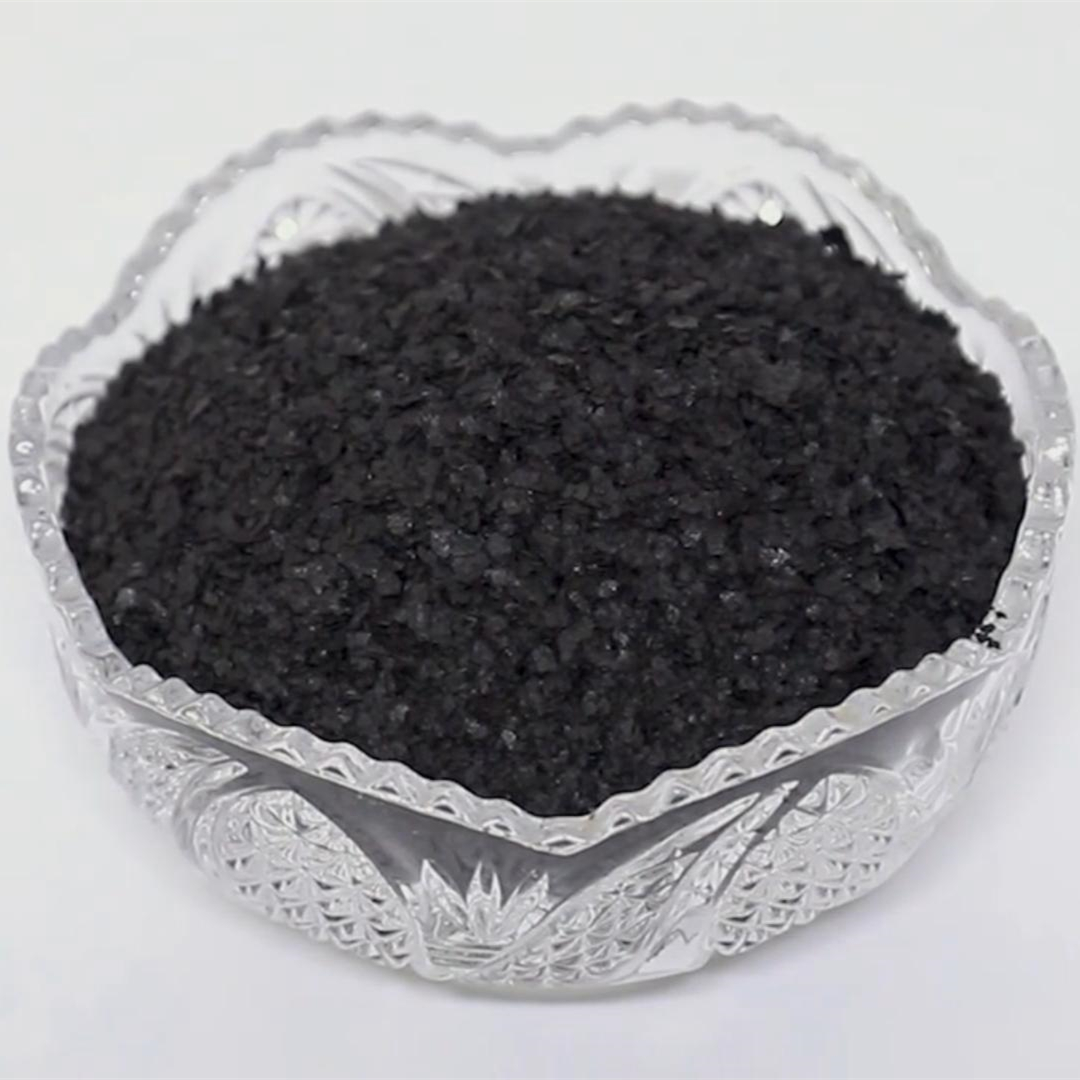
Des . 31, 2024 18:58 Back to list
Factory for Organic Slow-Release Fertilizer Production and Supply Solutions
The Rise of Organic Slow Release Fertilizer A Sustainable Solution for Agriculture
In recent years, the agricultural sector has witnessed a growing interest in sustainable farming practices, prompted by increasing environmental awareness and the demand for healthier food options. One of the significant advancements in this domain is the development of organic slow release fertilizers. These fertilizers not only enhance soil fertility but also promote environmental sustainability, making them a crucial component in modern agriculture.
Understanding Organic Slow Release Fertilizers
Organic slow release fertilizers are made from natural materials that provide essential nutrients to plants over an extended period. Unlike conventional fertilizers that release nutrients quickly, often leading to leaching and nutrient runoff, slow release fertilizers are designed to release nutrients gradually. This characteristic helps ensure that plants have a steady supply of nutrients throughout their growth cycle, reducing the risk of nutrient deficiencies and promoting healthier plant development.
Benefits of Organic Slow Release Fertilizers
1. Environmental Impact The use of organic slow release fertilizers significantly reduces the risk of water pollution. Traditional fertilizers can leach into waterways, leading to issues such as algal blooms and eutrophication. By contrast, slow release formulations minimize nutrient loss, thus protecting local ecosystems.
2. Soil Health Organic slow release fertilizers contribute to improved soil health by enhancing microbial activity and soil structure. The organic matter present in these fertilizers nourishes beneficial soil organisms, fostering a balanced ecosystem that supports plant growth.
3. Efficiency Farmers can achieve better efficiency with slow release fertilizers, as they reduce the frequency of applications needed. This not only saves time and labor but also reduces overall fertilizer costs.
4. Crop Yield Studies have shown that slow release fertilizers can enhance crop yield and quality. By providing a stable nutrient supply, these fertilizers support robust growth and resilience against pests and diseases.
5. Sustainability As the world faces challenges related to climate change and resource depletion, the shift towards organic fertilizers aligns with sustainable practices. Utilizing waste products from agriculture or industry to create fertilizers minimizes the ecological footprint and promotes a circular economy.
organic slow release fertilizer factory

The Manufacturing Process
To produce organic slow release fertilizers, factories typically utilize a variety of organic materials, including animal manure, compost, bone meal, and plant residues. The manufacturing process involves several steps
1. Collection and Preparation Raw materials are sourced and prepared, ensuring they meet the required quality standards.
2. Composting The raw materials undergo a composting process, which serves to break down organic matter and stabilize nutrients. This phase is crucial for reducing pathogens and weeds.
3. Granulation After composting, the organic material is then processed into granules. This step allows for easier application and ensures a consistent release of nutrients when used in the field.
4. Testing and Quality Control Rigorous testing is conducted to ensure that the final product meets nutrient specifications and is free from contaminants. Quality control is essential in maintaining the efficacy and safety of the fertilizers.
Market Growth and Future Prospects
As awareness of sustainable agriculture grows, the market for organic slow release fertilizers is expected to expand significantly. Factors such as government incentives, rising consumer demand for organic produce, and advancements in fertilizer technology are driving this trend. Moreover, innovative research into new materials and formulations promises to enhance the effectiveness of slow release fertilizers even further.
In conclusion, organic slow release fertilizers represent a paradigm shift in agricultural practices, marrying the need for effective crop nutrition with environmental responsibility. Their benefits extend beyond individual farms to the broader ecosystem, supporting biodiversity and promoting sustainability. As farmers, businesses, and governments increasingly prioritize sustainable practices, the organic slow release fertilizer industry is poised for significant growth, ultimately contributing to a healthier planet and food system.
-
High-Quality NPK Fertilizer Raw Material Manufacturer & Supplier Trusted Factory Exporter
NewsJul.08,2025
-
Organic 20-20-20 Plant Fertilizer Supplier Premium Organic Fertilizer Manufacturer
NewsJul.08,2025
-
Ammonium Sulfate Fertilizer Market - Leading Manufacturer, Supplier & Factory Solutions
NewsJul.08,2025
-
Premium Water Soluble Fertilizer 20-20-20 Reliable Manufacturer & Competitive Prices
NewsJul.07,2025
-
10-52-10 Fertilizer Supplier – Premium NPK Compound & Granular Fertilizers for Crop Growth
NewsJul.07,2025
-
Best Blueberry Organic Fertilizer - Premium Factory & Supplier Boost Your Blueberry Yield
NewsJul.07,2025
